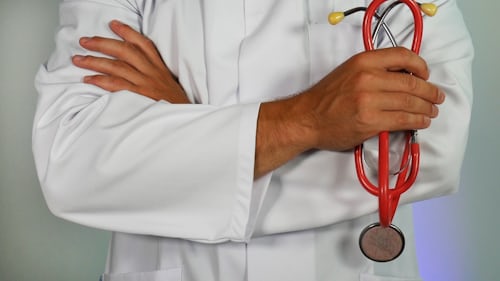If at all feasible, the greatest strategy to combat liver problems is to avoid them. Here are 13 tried-and-true strategies to improve your liver’s health!

- Maintain a healthy body mass index (BMI). If you’re obese or even slightly overweight, you’re at risk for a fatty liver, which can progress to non-alcoholic fatty liver disease (NAFLD), one of the most rapidly spreading types of liver disease. Weight loss can help you lose weight and lose fat in your liver.
- Consume a well-balanced diet. High-calorie foods, saturated fat, refined carbs (such as white bread, white rice, and ordinary pasta), and sweets should all be avoided. Shellfish should never be eaten uncooked or undercooked. Fiber, which may be found in fresh fruits and vegetables, whole-grain bread, grains, and cereals, is essential for a well-balanced diet. Eat meat (but not too much red meat), dairy (low-fat milk and modest amounts of cheese), and fats (monounsaturated and polyunsaturated fats like those found in vegetable oils, nuts, seeds, and fish). Drink plenty of water because hydration is crucial.

- Exercise on a regular basis. Consistent exercise aids in the burning of triglycerides for fuel as well as the reduction of liver fat.
- Toxins should be avoided. Toxins have the potential to harm liver cells. Toxins from cleaning and aerosol products, pesticides, chemicals, and additives should be avoided. If you must use aerosols, ensure sure the area is well ventilated and that you wear a mask. Please don’t smoke.
- Use alcohol in moderation. Alcoholic beverages can cause a variety of health issues. They can scar your liver by damaging or destroying liver cells. Consult your doctor to determine the appropriate amount of alcohol for you. It may be suggested that you drink alcohol just in moderation or altogether abstain.
- Use of illegal drugs should be avoided. Nearly 24 million Americans aged 12 and up were current illicit drug users in 2012, indicating they had used an illicit drug in the month preceding the survey interview. This figure equates to 9.2 percent of the population aged 12 and up. Marijuana/hashish, cocaine (including crack), heroin, hallucinogens, inhalants, and non-medically prescribed psychotherapeutics (pain relievers, tranquilizers, stimulants, and sedatives) are examples of illicit drugs.
- Avoid using needles that have been infected. Dirty needles, of course, aren’t just linked to intravenous drug use. Any form of skin penetration involving sharp objects or needles should be followed up with a medical professional and tested. Though uncommon, unsafe injection practices could occur in a hospital setting, necessitating prompt attention. For tattoos and body piercings, only use clean needles.
- If you’ve been exposed to blood, get medical attention. If you come into touch with someone else’s blood for any reason, notify your doctor right once. If you’re worried, go to the emergency room of your nearest hospital.
- Personal hygiene items should not be shared. Razors, toothbrushes, and nail clippers, for example, can be contaminated with minute amounts of blood or other bodily fluids.
- Make sure you’re having safe sex. Hepatitis B and C are spread through unprotected sex or sex with several partners.
- Please wash your hands. After using the restroom, changing a diaper, and preparing or eating food, wash your hands with soap and warm water.
- All drugs should be taken according to the manufacturer’s instructions. Your liver can be affected if you take medicines inappropriately, such as too much, the wrong sort, or mixing them. Even if they aren’t taken at the same time, never mix alcohol with other narcotics or medications. Tell your doctor if you take any over-the-counter medications, supplements, or natural or herbal therapies.


